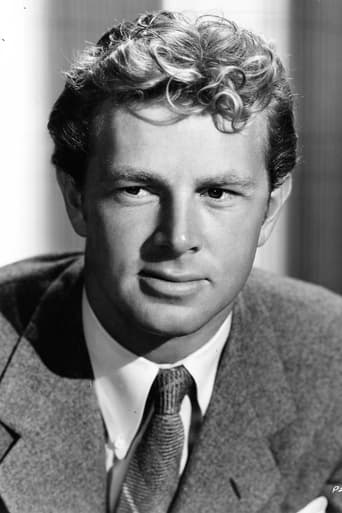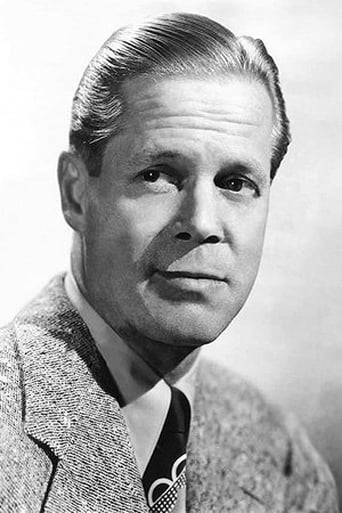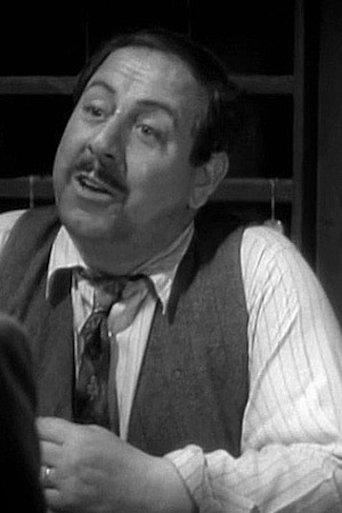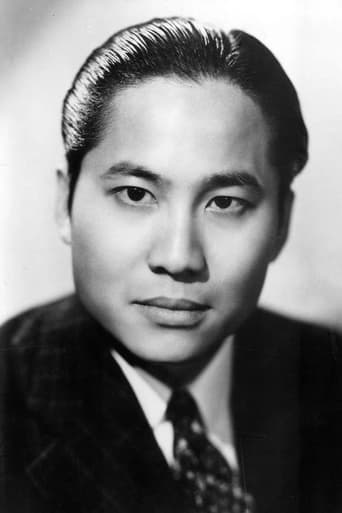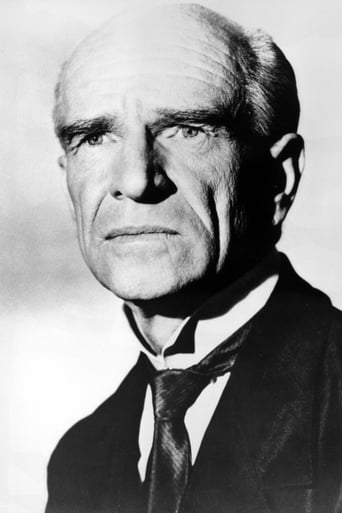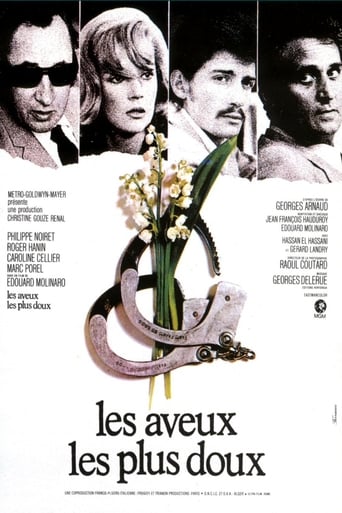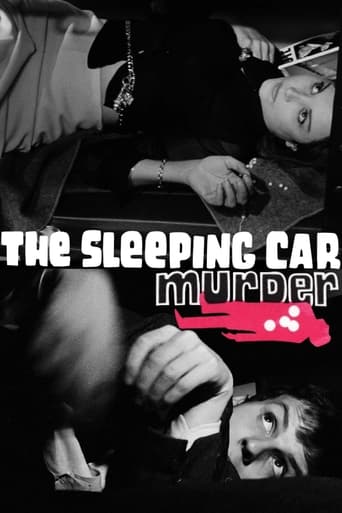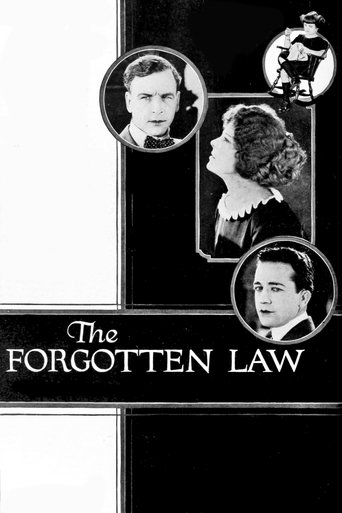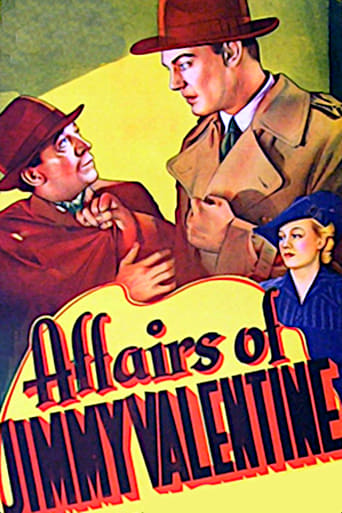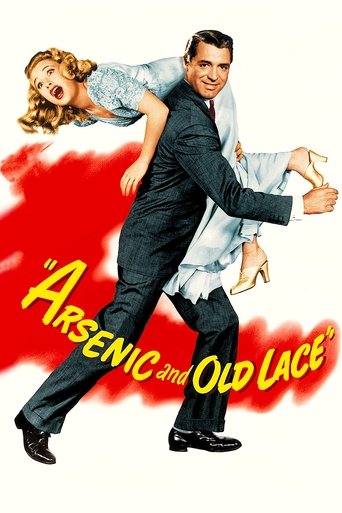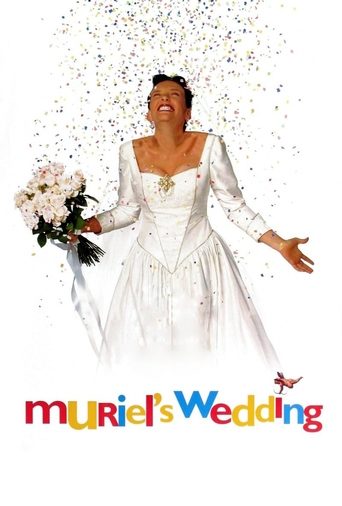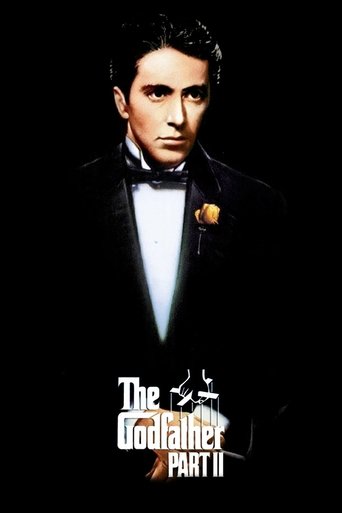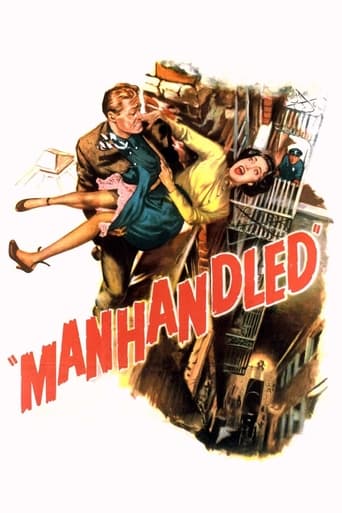
Manhandled (1949)
Merle Kramer works as a stenographer for a psychiatrist. She is casually dating Karl Benson, a private eye and former cop. Merle mentions in passing that one of her boss's patients is an author with recurring dreams of murdering his wife, and she includes the fact that the wife owns valuable jewels. When the wife is found murdered in a manner identical to that of her husband's dream, the husband is naturally the prime suspect. But as the investigation of the police and insurance investigator Joe Cooper proceeds, it turns out that several people in the case, including Merle, are not what they seem.
- Lewis R. Foster
- L.S. Goldsmith
- Lewis R. Foster
- Whitman Chambers
Rating: 5.1/10 by 16 users
Alternative Title:
Country:
United States of America
Language:
English
Runtime: 01 hour 37 minutes
Budget: $0
Revenue: $0
Plot Keyword: dreams, police, film noir, murder, secretary, insurance investigator
Kitten and Chaos. Manhandled is directed by Lewis R. Foster and adapted to screenplay by Foster and Whitman Chambers from the novel "The Man Who Stole A Dream" written by L. S. Goldsmith. It stars Dorothy Lamour, Dan Duryea, Sterling Hayden, Irene Hervey and Art Smith. Music is by Darrell Calker and cinematography by Ernest Laszlo. I'm going to kill you, Ruth. I have to. Manhandled is one of those late 40s crime mysteries that feature film noir legends and film noir narrative tints, thus why it finds itself under the film noir banner. This is more a curse than a blessing. For it's not a particularly great film, where the presence of Hayden and Duryea - and Laszlo on photography - just about keeps things bubbling away to make it watchable till the end. It has been said that the narrative is too tricksy for its own good, yet that isn't apparent since the story is very easy to follow. The twists come and go at regular intervals, but always with narrative clarity. The main thrust of the plot finds Lamour being set up as the killer of Mrs. Alton Bennet (Hervey), with Bennet's jewels the reason for the crime. But there are a few other candidates in the frame, all of which are written to be believable suspects. The cops investigating are waspish of tongue, with Smith as dry as the Sahara, and Hayden is playing an insurance investigator who is along for the ride doing exactly the same job that the coppers are doing! Duryea is the star attraction, playing a homme fatale type who chews gum a lot, calls his girlfriend Kitten and clearly is as untrustworthy as it gets (classic Duryea portrayal really!). Hayden doesn't show up until half an hour in, but he's a welcome arrival even if he isn't given much to get his teeth into. While Lamour pouts and ponders whilst gaining sympathy, which ultimately makes us wish she had of done more film noir type films. There's some nice metaphorical touches, such as Duryea encamped in his apartment watching a vermin species consistently running on its wheel, and Laszlo's photography goes up a notch in the latter half of film - Lamour's apartment becomes foreboding and all the hall staircase sequences take on a greater oppressive meaning. A dream sequence is chilling, and there's one particular violent scene that is unforgettable. Unfortunately some of the comedy, whilst funny at times (drugs scenes are chucklesome), takes the pic out of its dramatic comfort zone. Hayden and Duryea fans are safe in the knowledge that this is one to see, but it still winds up as a wasted opportunity to be something far more tougher and poignant. 6/10
Dorothy Lamour is good in this otherwise rather drab crime noir. The plot is overly complex, bordering on the convoluted - you could almost get dizzy trying to follow the plot. Which is (briefly): Lamour plays "Merle"; the PA to a psychiatrist. She casually discusses his private cases with her on/off amour (Dan Duryea) and one such story involved a client's (Alan Napier) dreams that he kills his wealthy wife. Well, yep - you've guessed - the wife is duly murdered and an investigation ensues. Duryea, as the oily, smart-mouthed PI and Sterling Hayden as the investigating insurance man do fine, and Art Smith makes for quite a decent cop, but Lewis Foster let's this ramble on and no amount of tense violin music can compensate for what is just a lacklustre murder thriller.


